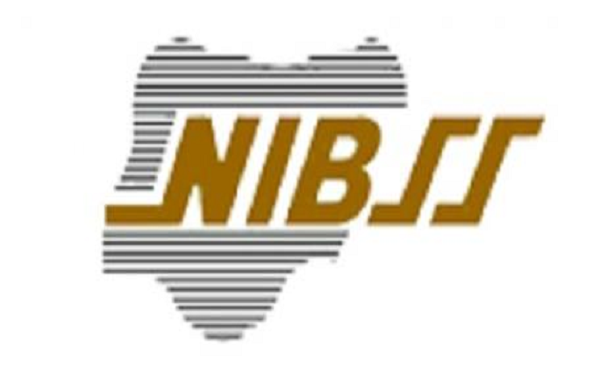
Bank customers all over Nigeria had a hectic time using the electronic channels to transact on Tuesday as operations of the Nigeria Inter-Bank Settlement System (NIBSS) were marred by unprecedented glitches, recording almost 21 percent failure by afternoon.
As at 3:24 p.m local time, NIBSS which is the switch platform that connects every other party to inter-switch to execute financial transaction, had recorded almost 21 percent failure rates in 357,065 total volume transactions for the day.
In other words, more than 71, 960 out of 357, 065 transactions failed at the time of putting this report together.
Analysis of transaction volumes on NIBSS’s POS Live feed monitored by our correspondent showed that between 3:19 p.m and 3:24 p.m, a total of 667 transactions out of 3,208 transactions had failed, representing 20.79 percentage failure rate on transactions using the Point Of Sales (POS) network.
The Automated Teller Machine (ATM) channel was also marred by glitches as bank customers were seen stranded on long queues, waiting to make different bank transactions at several visited across Lagos and Abuja.
This situation is reminiscent of NIBSS platform collapse on December 24, 2018 when the network recorded 25 percent failure rate owing to pressures from huge volume of transactions amounting to about 31.9 million in the run up to the Christmas festivity.
However, the transaction volume during the first day of Eid-el-Fitri (Tuesday, June 4, 2019) has not got any close to the 31.9 million recorded during the December 24, 2018 system collapse, signaling grave challenges with the NIBSS’ network.
When transactions are initiated at banks or agent points of mobile money firms, the signal would hit NIBSS first, and NIBSS would communicate Interswitch which processes the customer’s request to the bank. The Interswitch picks up the money from the banker and return it for settlement.
Thus, any time NIBSS operating system goes down, the entire electronic payment system goes down too, and no transactions get processed.
Many customers were on long queues at ATMs waiting to make different transactions, and those who tried to make use of mobile money agents complained of poor network service.
Our correspondents who made random visits to some banks in Lagos and Abuja report that customers of First Bank, Guarantee Trust Bank (GTB), Access Bank, Union Bank, and Stanbic IBTC expressed dissatisfaction over inability to get cash at ATM points.
Similar failure rates had been recorded last April when the Christian faithfuls marked Easter celebration.
As at that time, NIBSS’ spokesperson, Lilian Phido, said the agency had found a way around system failures and non-reversal of wrongly debited transactions by extending timeout period for typical transactions.
“What the industry did is to extend the timeout period for a typical transaction. For instance, a typical transaction could take few seconds before it times out. That timeout period has been extended,” Phido said over telephone.
Rate of transaction failure, particularly on POS and ATM, has been on the increase since March 2019 with minimum average of 30,000 failed transactions on a typically bad day.
POS failure analysis obtained from NIBSS showed that transaction trend which increasingly deteriorated since January, 2019 worsened as of April 5.
But Phido said that all hands were on deck to improve the situation, stressing that even the Central Bank of Nigeria ( Nigeria’s apex bank) was working very closely with the entire industry to ensure the systems are back to normalcy.
It is yet to be seen if any improvements has been recorded in NIBSS with regards to efficiency since last April after the promise of ensuring that the system is restored back to normalcy.
Nevertheless, a total collapse could spell doom on the entire financial system of the country.
(Inside Business)








Leave a comment